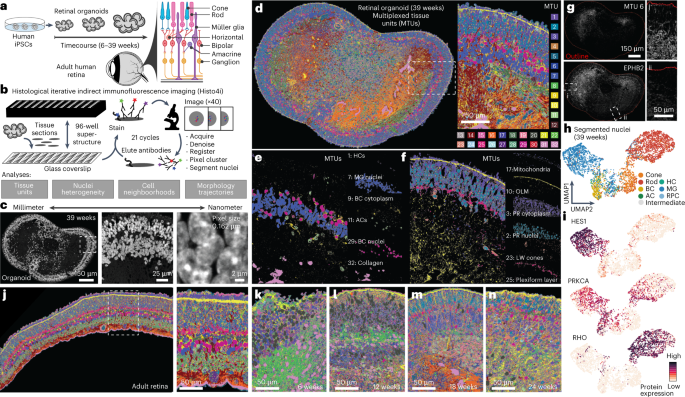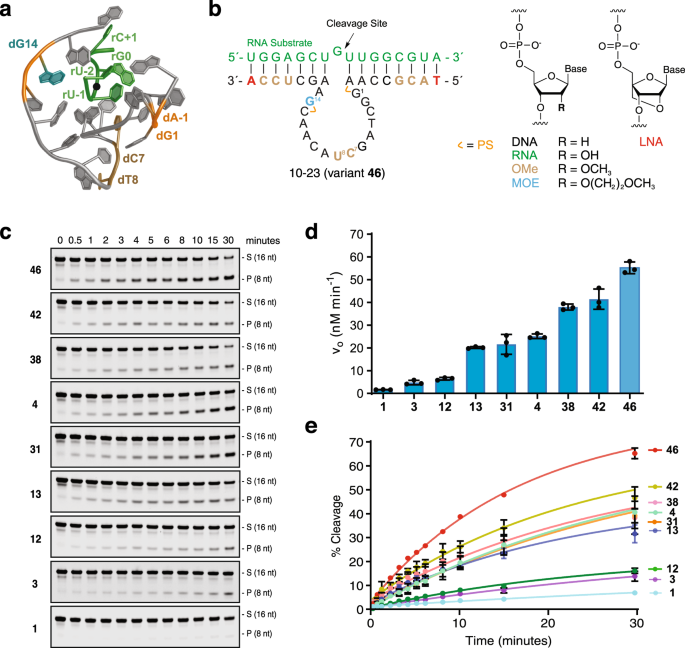正しく噛むことができると、2型糖尿病患者の血糖値が改善される可能性があることが示唆された。 The ability to chew properly may improve blood sugar levels in patients with Type 2 diabetes, study suggests
2023-05-08 バッファロー大学(UB)
◆イスタンブールの病院で受診した94人の患者のデータを分析した結果、正しい咀嚼機能を持つ患者の血糖値は、歯が不十分で咀嚼できない患者よりも有意に低いことがわかった。
◆咀嚼は、唾液の分泌を促進し、食物から栄養素を抽出する過程を始める。適切な食品を噛むことで得られる食物繊維は、血糖値を下げるために重要である。研究は、歯周病学と歯科医療が全体的な健康改善の一部であることを示している。
<関連情報>
- https://www.buffalo.edu/news/releases/2023/05/blood-glucose-Type-2-diabetes.html
- https://journals.plos.org/plosone/article
咬合支持の低下または欠如による咀嚼不全は、2型糖尿病患者の血糖値上昇と関連する Mastication inefficiency due to diminished or lack of occlusal support is associated with increased blood glucose levels in patients with type 2 diabetes
Yeter E. Bayram,Mehmet A. Eskan
PLOS ONE Published: April 14, 2023
DOI:https://doi.org/10.1371/journal.pone.0284319
Abstract
Background
It has been shown that mastication may contribute to a lower risk of diabetes, and occlusal support reduced the risk of diabetes by improving glucose metabolism after meals. However, the relationship between inefficient mastication and blood glucose levels in patients with type 2 diabetes (T2D) remains unclear. This retrospective study, therefore, aimed to investigate the association between mastication inefficiency due to diminished occlusal support and blood glucose control in subjects with T2D.
Methods
Ninety-four subjects (mean of 54.9 years) were recruited in this study. Subjects with at least 1-year T2D medical history and current medications for T2D were included. Subjects were divided into 2 groups: The control group (41 subjects) included Eichner group A (4 occlusal functional areas in the posterior area). The test group (53 subjects) included Eichner group B (1–3 occlusal functional areas) and group C (no natural occlusal contact). Blood glucose level was significantly lower in the control group participants than in the test group. Subject(s) showing diminished or lack of occlusal support and requiring a fixed restoration were treated with an implant-supported fixed restoration. These groups’ levels of glycated hemoglobin (A1c) were compared using the independent student t-test.
Results
Blood glucose level was significantly lower in the control group (7.48) as compared to those in the test group (9.42). The mean differences between the two groups were 1.94 ± 0.39 (p = 0.0001). Differences in white blood cell counts and body mass index (BMI) were not statistically significant between groups. Blood glucose levels could be reduced (from A1c 9.1 to 6.2) following a fixed implant-supported restoration in T2D patients with diminished occlusal support.
Conclusion
The results suggested that masticatory inefficiency due to diminished dental occlusion was associated with an increase in poor controlled-blood glucose levels among T2D patients.


